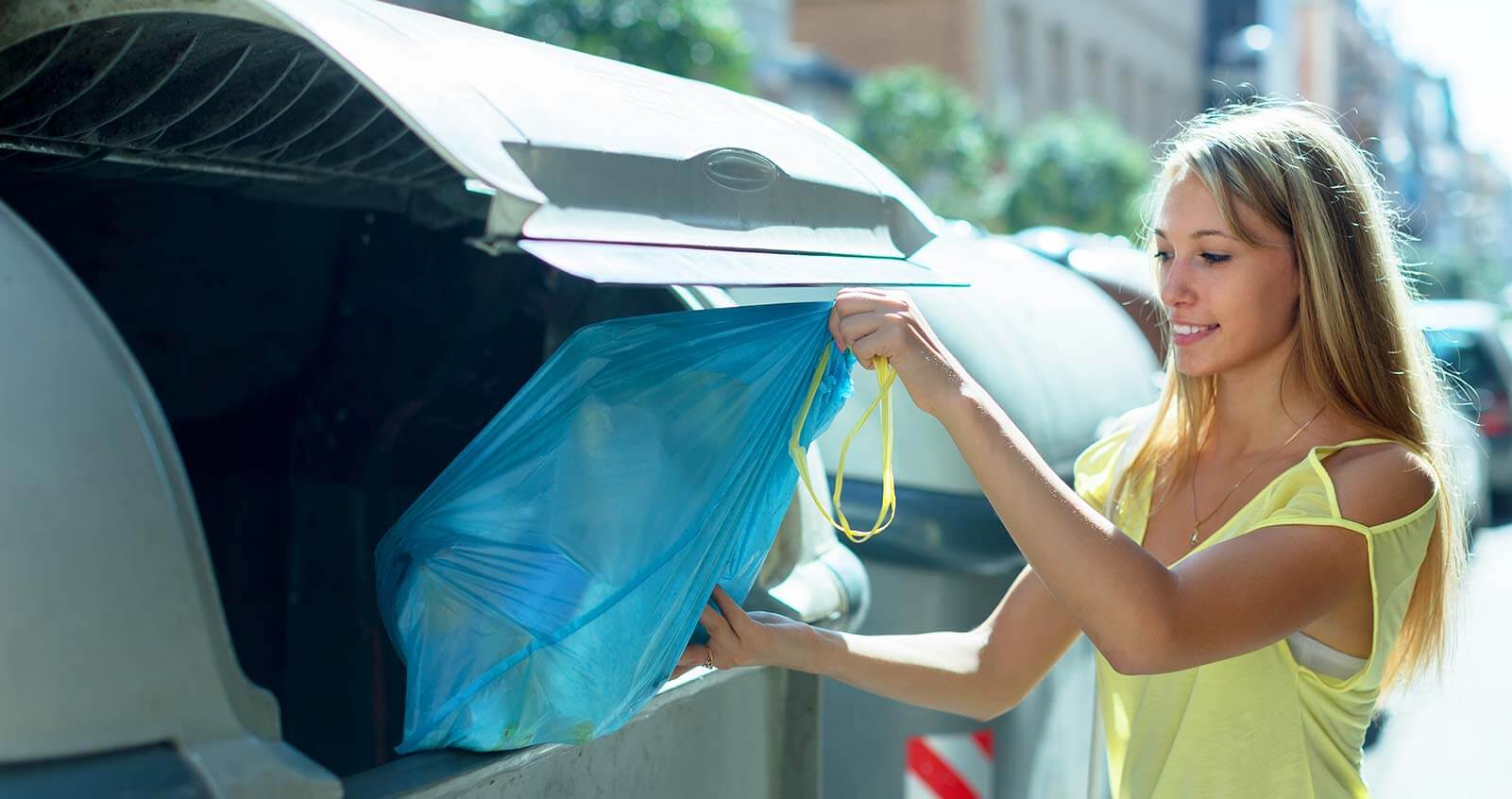ustainable Solutions for Garbage Disposal: How the Government Approaches Recycling
Posted on 03/05/2024
Introduction
Garbage disposal has become a major issue in modern society, with the increasing amount of waste being generated and its negative impacts on the environment. The improper disposal of garbage leads to pollution, health hazards, and depletion of natural resources. As a result, governments around the world have been taking steps towards sustainable solutions for garbage disposal, with a primary focus on recycling. In this article, we will discuss how the government approaches recycling as a means to combat the problem of garbage disposal.

The Importance of Recycling
Recycling is the process of converting waste materials into new products. It is one of the most effective ways to reduce waste, conserve resources, and protect the environment. By recycling, materials such as paper, plastic, glass, and metal can be reused to make new products instead of ending up in landfills or incinerators. This not only conserves natural resources but also decreases the emission of greenhouse gases that contribute to climate change.
The Role of Government in Promoting Recycling
Governments play a vital role in promoting and regulating recycling practices. One key approach used by governments is through legislation. Laws and regulations are put in place to ensure proper waste management and encourage recycling among citizens and businesses. For instance, several countries have implemented laws that require citizens to separate their waste into different categories for recycling purposes.
Additionally, governments also provide financial incentives to encourage recycling. This includes tax breaks for companies that use recycled materials in their production processes, subsidies for setting up recycling facilities, and financial support for research and development in recycling technology.
Furthermore, governments also collaborate with private sectors and non-governmental organizations (NGOs) to educate the public about the importance of recycling and how they can actively participate in it. This includes initiatives such as educational campaigns, workshops, and community programs aimed at raising awareness about the benefits of recycling.
Government Strategies for Sustainable Recycling
To achieve sustainable recycling, governments have implemented various strategies to effectively manage waste and promote recycling. One such strategy is the development of comprehensive waste management systems. This involves the establishment of waste collection methods, processing facilities, and the implementation of efficient transport systems for recycled materials.
Another important strategy is the integration of technology in waste management. Governments are now using advanced technologies such as artificial intelligence (AI) and Internet of Things (IoT) to track and manage waste disposal more effectively. These technologies can track waste generation rates, identify areas with high volume of waste, and optimize waste collection routes.
Moreover, governments also work towards creating a circular economy, where products are designed to be recycled and reused instead of being disposed of after use. This approach not only minimizes waste but also reduces the need for extracting new raw materials.
The Pros and Cons of Government Approaches to Recycling
Pros:
- Legislation and regulations ensure proper waste management and increase recycling rates.
- Financial incentives encourage businesses to adopt more sustainable practices.
- Collaborations with private sectors and NGOs create awareness about recycling among the public.
- Comprehensive waste management systems make recycling more efficient.
- Integration of technology makes tracking and managing waste more effective.
- A circular economy reduces resource depletion.
Cons:
- Implementation of legislation might face resistance from certain industries.
- High initial costs may hinder smaller businesses from adopting sustainable practices.
- Lack of infrastructure in some areas may slow down recycling efforts.
Tips for Individuals
While government initiatives play a crucial role in promoting recycling, individuals also have a responsibility in reducing waste. Here are some tips for individuals to contribute towards sustainable recycling:
- Separate your waste into different categories for easier recycling.
- Reduce your consumption of single-use products such as plastic bags and straws.
- Educate yourself on what items can be recycled in your area and follow the guidelines accordingly.
- Purchase products made from recycled materials.
- Encourage and support local businesses that promote sustainable practices.

Takeaways
The government plays a crucial role in promoting and regulating recycling as a sustainable solution for garbage disposal. Through legislation, financial incentives, and collaborations, governments are creating a more conducive environment for recycling to thrive. Strategies such as comprehensive waste management systems and the use of advanced technologies are also helping to make recycling more efficient. However, it is important for individuals to also take responsibility and adopt sustainable practices in their daily lives.
Conclusion
Garbage disposal continues to be a pressing issue, but governments are taking significant steps towards addressing it through sustainable recycling methods. With continuous efforts from both the government and individuals, we can work towards a cleaner and greener future for generations to come. Let us all play our part in promoting recycling and creating a more sustainable world.





